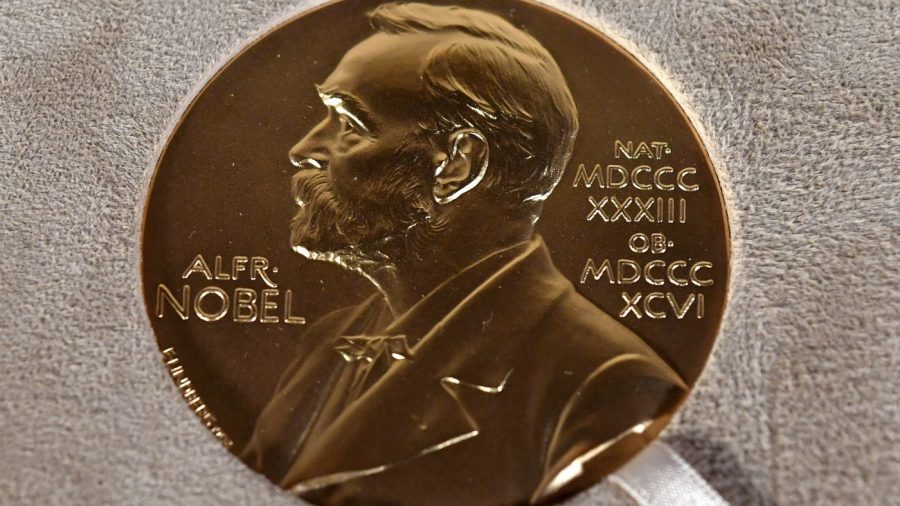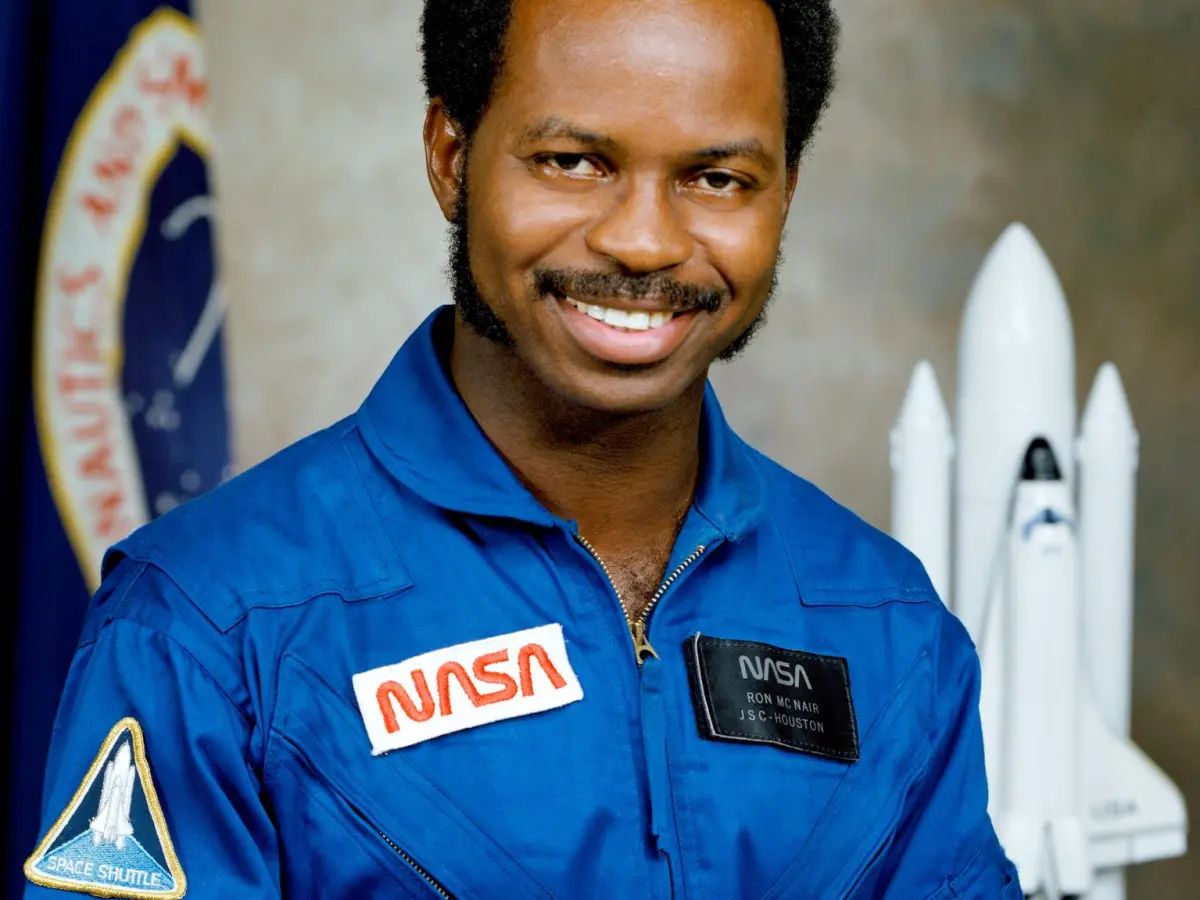
The nomination of former President Donald Trump for the Nobel Peace Prize has reignited debate over his contributions to international diplomacy. Advocates argue that his efforts in negotiating peace agreements, particularly between Israel and the United Arab Emirates, warrant recognition. Critics, predominantly from the political left, dismiss these achievements, arguing that his tenure was marked by divisiveness rather than unity.
In 2020, Trump facilitated the historic Abraham Accords, normalizing relations between Israel and several Arab nations, including the UAE and Bahrain. This diplomatic breakthrough aimed to foster regional stability and economic cooperation. Supporters believe that such actions significantly altered the Middle Eastern landscape, creating a more peaceful environment. According to the Nobel Committee, nominations can be submitted by a diverse group of qualified individuals, including national politicians and university professors.
Trump’s candidacy for the Nobel Peace Prize has also drawn attention due to his 2019 nomination by a Norwegian politician, which acknowledged his attempts to engage North Korea in dialogue. His administration’s efforts, including meetings with North Korean leader Kim Jong-un, were seen by some as a step towards reducing nuclear tensions.
Despite these accomplishments, many in the political left remain skeptical. Critics argue that Trump’s approach often sowed discord domestically and internationally. They contend that his rhetoric and policy decisions frequently undermined the values typically associated with peace and diplomacy.
The debate around Trump’s nomination raises questions about how peace is defined and who is deemed deserving of accolades such as the Nobel Peace Prize. While some laud his unconventional methods and unorthodox negotiations, others highlight the controversies that marked his presidency. Prominent political figures and analysts have weighed in, suggesting that Trump’s legacy is inherently complex and cannot be reduced to a single narrative.
In the context of this ongoing discussion, Trump’s supporters point to specific outcomes, such as reduced troop presence in conflict zones and a focus on negotiation over military engagement. They argue that these actions reflect a commitment to peace that should not be overlooked or dismissed.
As the 2021 Nobel Peace Prize nominations continue to be debated, the divisions within political discourse become increasingly apparent. Whether Trump ultimately receives the award remains uncertain, but the conversation surrounding his candidacy has sparked a broader examination of international diplomacy and the criteria for recognition in the realm of peacebuilding.
In the end, the discourse surrounding Trump’s nomination serves as a reminder of the polarized nature of contemporary politics. It highlights the ongoing struggle to reconcile differing viewpoints on leadership, diplomacy, and what constitutes a lasting legacy in the global arena.






